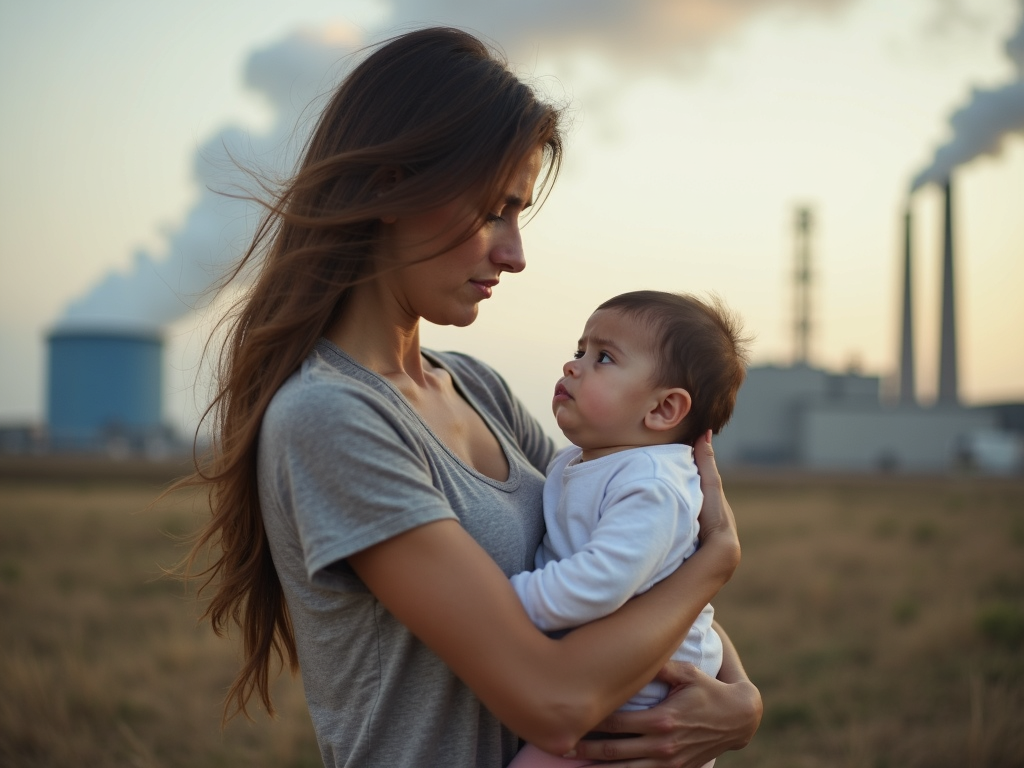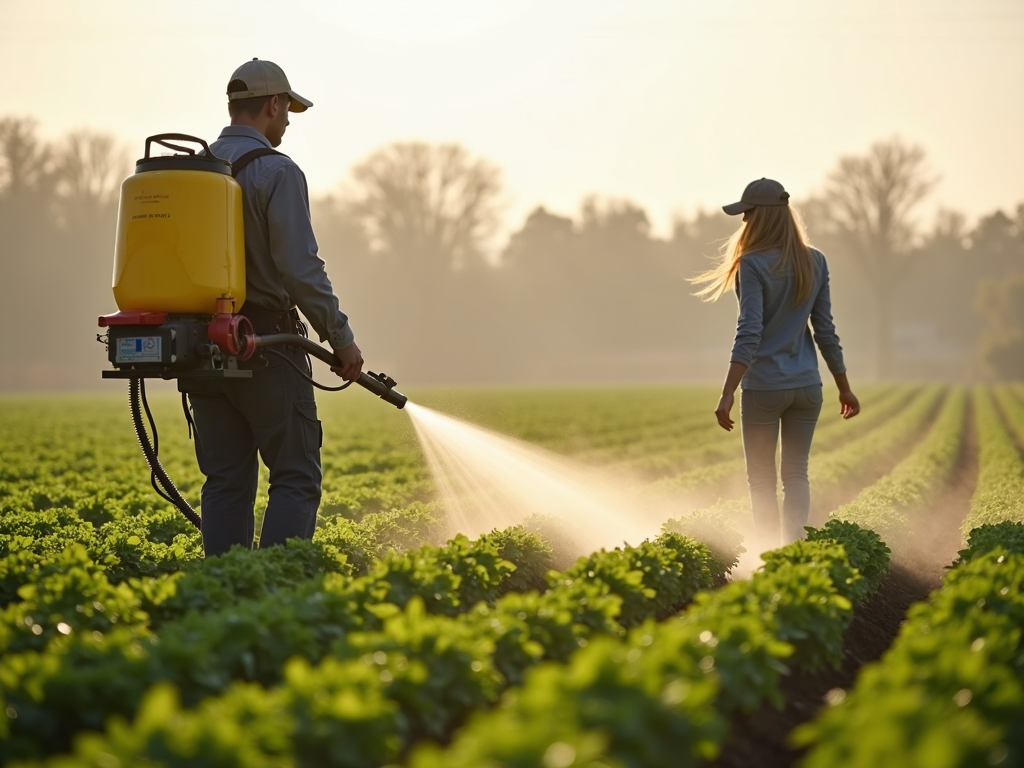Protecting Female Fertility from Environmental Toxins
June 14, 2025, 7:25 a.m.
Environmental toxins are everywhere, and they can have a significant impact on female fertility. From pollution to chemicals in everyday products, these toxins can disrupt hormonal balance, damage reproductive organs, and even affect sperm quality in men. In this article, we'll explore the effects of environmental toxins on fertility and provide actionable tips to help you protect your reproductive health.
Environmental toxins are substances that can harm living organisms, and they can be found in the air we breathe, the water we drink, and the food we eat. These toxins can have a profound impact on female fertility, affecting everything from ovulation to implantation.
One of the most significant environmental toxins affecting fertility is pollution. Air pollution, in particular, has been linked to decreased fertility rates in women. Studies have shown that exposure to high levels of air pollution can lead to irregular menstrual cycles, reduced ovarian reserve, and even miscarriage.
But pollution isn't the only environmental toxin to worry about. Chemicals found in everyday products, such as phthalates, parabens, and bisphenol A (BPA), can also disrupt hormonal balance and affect fertility. These chemicals are often found in plastics, personal care products, and household cleaners, making them difficult to avoid.
In addition to affecting female fertility, environmental toxins can also impact sperm quality in men. Exposure to toxins like pesticides, heavy metals, and endocrine-disrupting chemicals can lead to reduced sperm count, motility, and morphology, making it harder for couples to conceive.
So, what can you do to protect your fertility from environmental toxins? Here are some actionable tips:
-
Choose organic foods whenever possible. Organic foods are grown without synthetic pesticides and fertilizers, reducing your exposure to harmful chemicals.
-
Use natural cleaning products. Many household cleaners contain harsh chemicals that can disrupt hormonal balance. Look for natural alternatives or make your own using ingredients like vinegar and baking soda.
-
Avoid plastics. Plastics often contain BPA and other chemicals that can leach into food and drinks. Opt for glass or stainless steel containers instead.
-
Filter your water. Tap water can contain a variety of toxins, including heavy metals and chlorine. Invest in a good water filter to remove these impurities.
-
Be mindful of personal care products. Many cosmetics and toiletries contain phthalates, parabens, and other endocrine-disrupting chemicals. Look for products labeled "phthalate-free" or "paraben-free."
-
Reduce exposure to air pollution. If you live in an area with high levels of air pollution, consider using an air purifier in your home and avoiding outdoor activities during peak pollution times.
-
Support your body's natural detoxification processes. Eating a healthy diet, staying hydrated, and getting regular exercise can help your body eliminate toxins more effectively.
In addition to these tips, it's essential to be aware of the potential risks associated with environmental toxins and take steps to minimize exposure. For example, if you work in an industry that exposes you to high levels of toxins, such as agriculture or manufacturing, make sure to follow safety protocols and wear protective gear.
It's also important to note that environmental toxins can affect fertility in both men and women. While this article focuses on protecting female fertility, it's crucial for men to take steps to protect their reproductive health as well.

Another example is the use of pesticides in agriculture. Studies have shown that women who live near agricultural areas with high pesticide use have a higher risk of infertility and miscarriage.

These examples demonstrate the real-world impact of environmental toxins on fertility and underscore the importance of taking steps to protect yourself.
In addition to personal actions, it's also essential to advocate for policies and regulations that reduce environmental toxins. Supporting initiatives that promote clean air and water, sustainable agriculture, and safer chemicals can help create a healthier environment for everyone.
In conclusion, environmental toxins can have a significant impact on female fertility, but there are steps you can take to protect yourself. By being aware of the risks, minimizing exposure, and supporting your body's natural detoxification processes, you can help safeguard your reproductive health. Remember, it's not just about protecting your fertility; it's about creating a healthier environment for future generations.